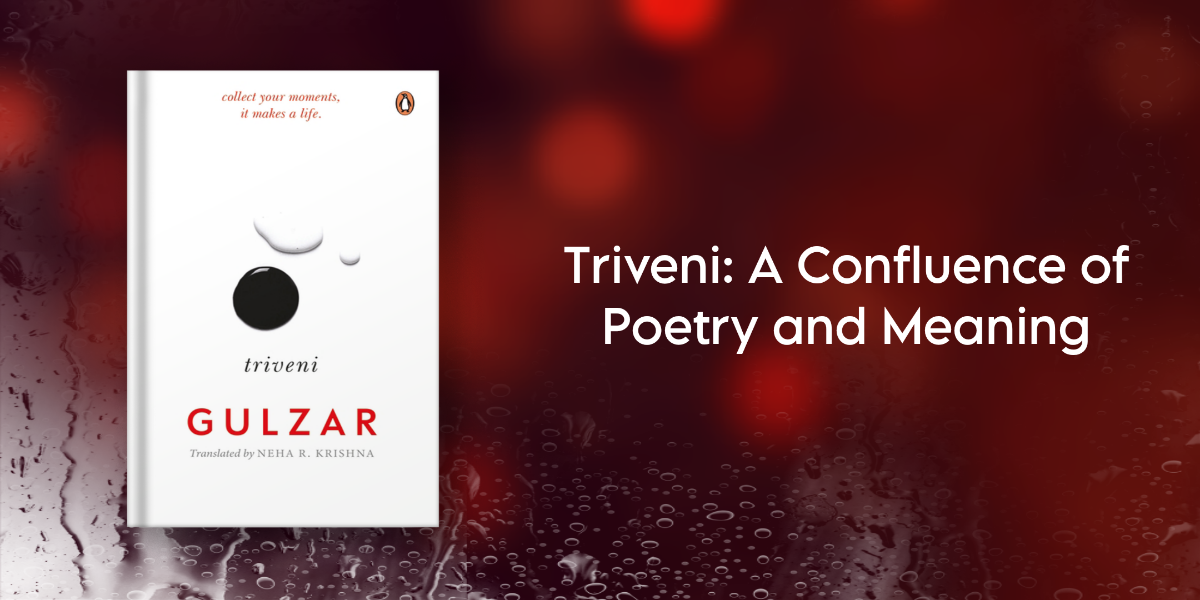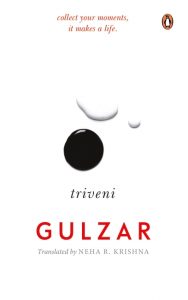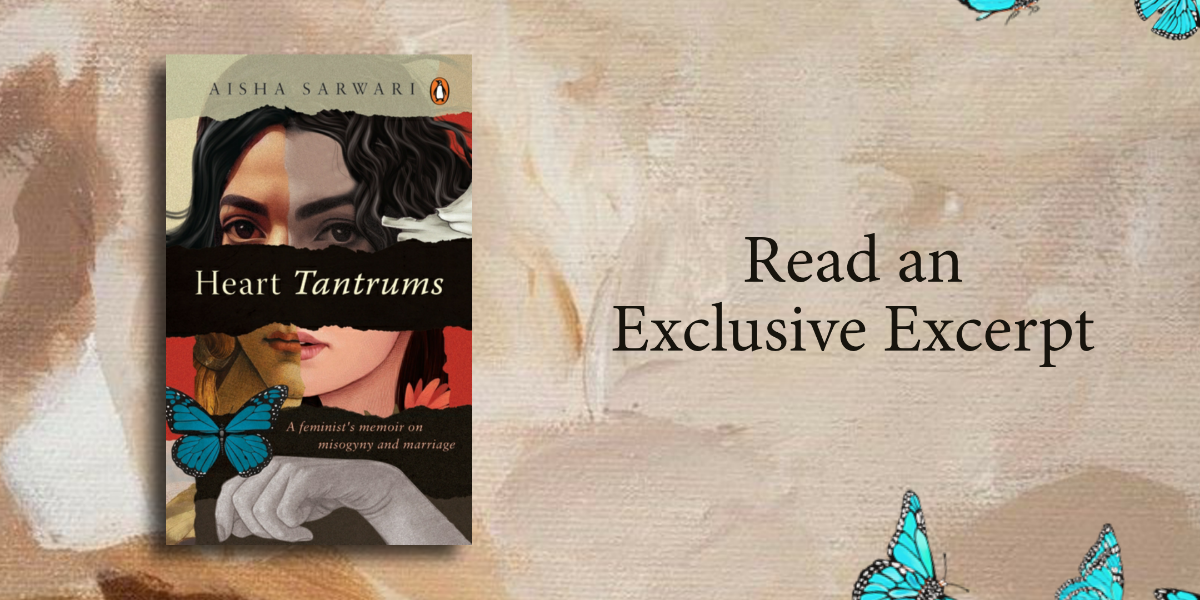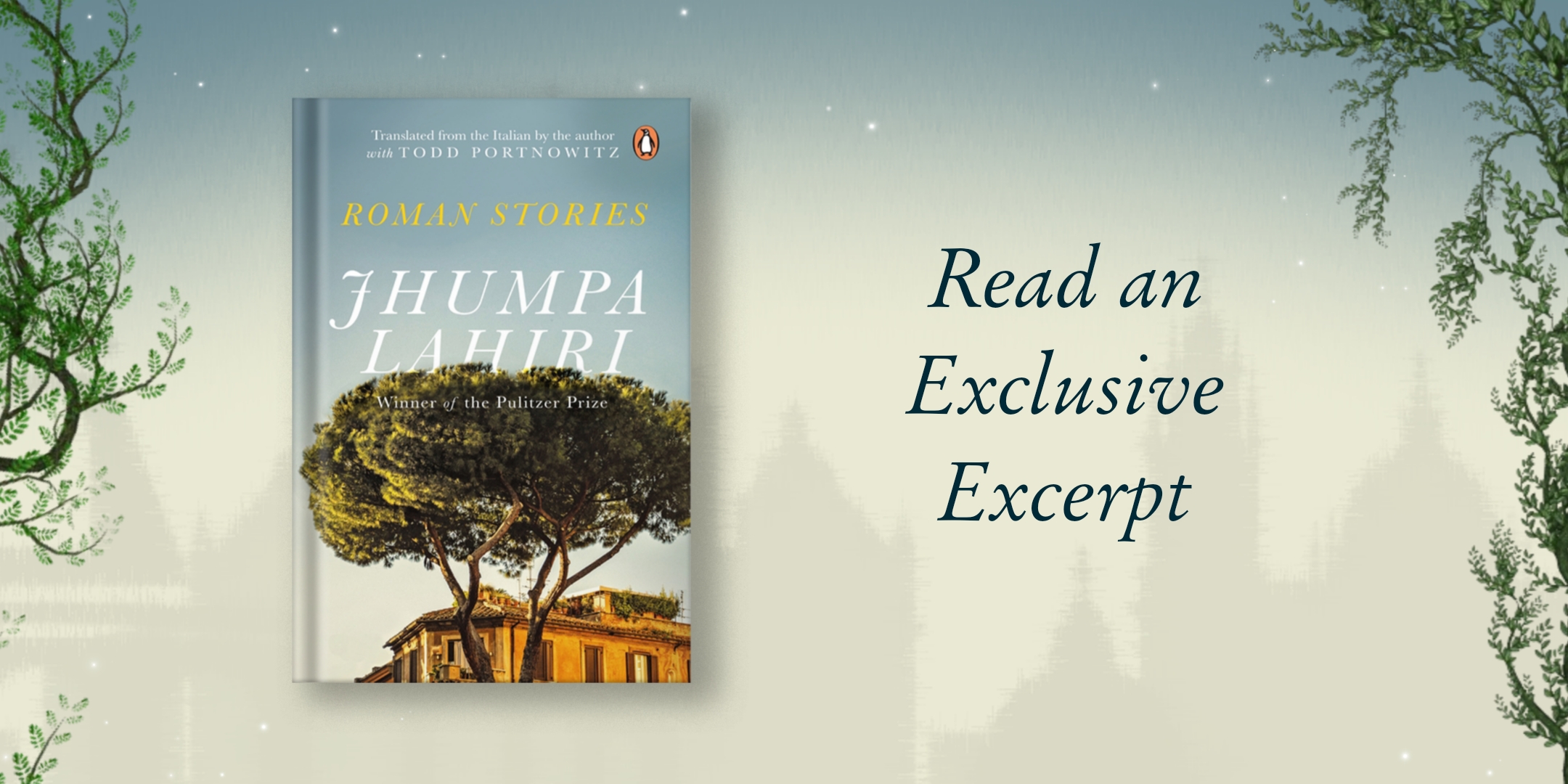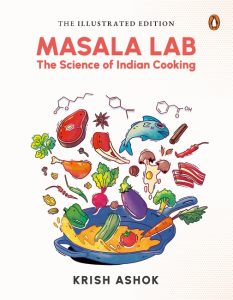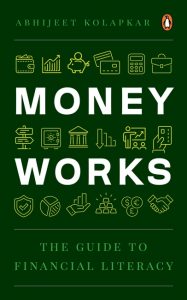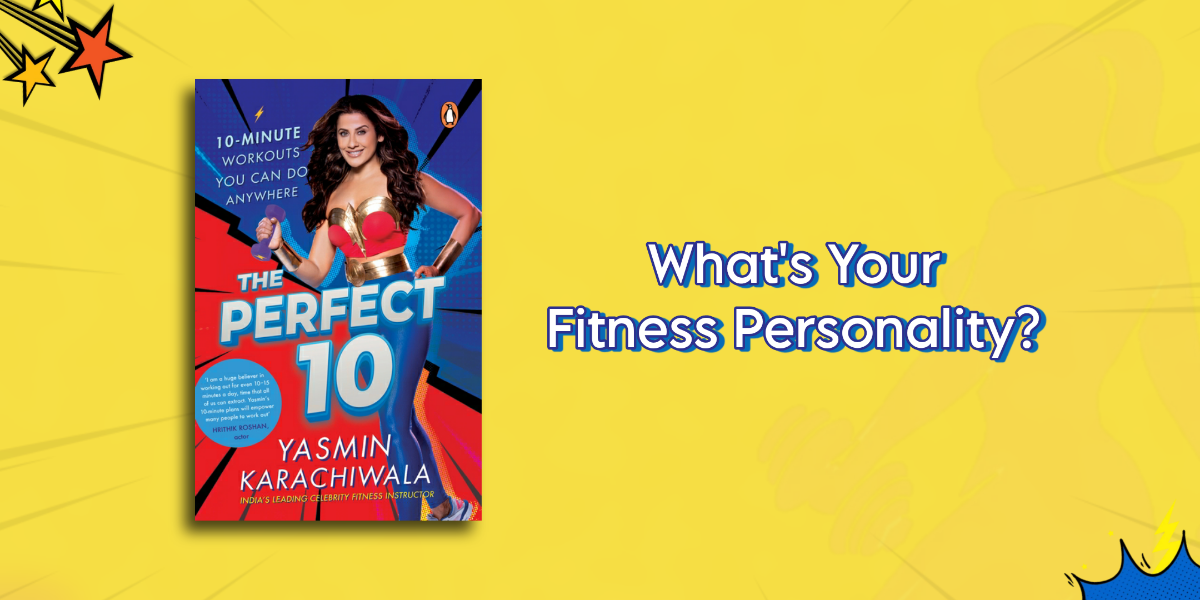Discover the fascinating journey of modern Bengali literature in this exclusive excerpt from Soul and Sword by Hindol Sengupta. Explore the profound influence of Bankim Chandra Chattopadhyay’s renowned work, ‘Ananda Math,’ on the socio-political landscape and its role in shaping the term ‘Hindutva,’ marking a pivotal moment in India’s cultural and political evolution.
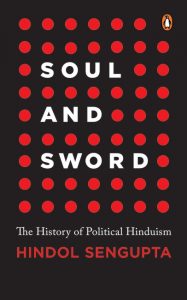
***
The arrival of the printing press in Bengal in 1777 created a new genre of popular literature in the Bengali language by men who had been educated in British-founded institutions and trained to embrace ideas in English. The classic example was Bankim Chandra Chattopadhyay, now considered the father of modern Bengali literature. Chattopadhyay was among the earliest students at Presidency College and the University of Calcutta, both explicitly set up to impart English language education among the locals by the British.
Chattopadhyay went on to become a civil servant in the British administration, rising not only to the high rank of deputy magistrate but also receiving major honours such as the Companion of the Most Eminent Order of the Indian Empire (CMEOIE) in 1894 and the ultimate social prize of that time, the title of Rai Bahadur in 1891.
But it was Chattopadhyay who wrote the book that in a sense started what is now known as agni yug or the age of fire where the British consistently faced armed revolt and rebellion led usually by young men and women who had been trained in the best British institutions, many of them even in higher education in England. Ananda Math, which can be loosely translated as the ‘shrine of happiness’, was set against a real-life famine in Bengal caused by administrative malpractice and corruption under Company rule.
It told the story of a band of warrior monks fighting a guerrilla warfare from the forests of Bengal against the East India Company (and their puppet, the Muslim nawab) and its usurious taxes, and robbing the Company and the Nawab to feed the desperately hungry. Ananda Math had an anthem sung by the ascetics in praise of their motherland called ‘Vande Mataram’ (All Hail the Mother). It quickly became the war cry for the nationalistic stirrings that were emerging as the age of fire dawned. Revolutionaries cried ‘Vande Mataram’ as they bombed British vehicles and buildings while fighting pitched gun battles with the colonial police, and sang it loudly while marching up the gallows. It was a favourite of Mahatma Gandhi and was adopted as the national song of independent India.
Little commented upon or studied, though, is one major fact about Ananda Math. It is the earliest text to mention the word ‘Hindutva’.5 Tucked away somewhere in the middle of the story, there is a sentence in the third part of the book that, translated, reads, ‘Because Hindu dharma was disappearing, many Hindus were eager to reestablish Hindutva.’ There could be many reasons why this has not been commented upon earlier. First, even though Bankim is known to have increasingly worked on Hindu identity in his writing in this period, he never really returned to explore this word in detail, preferring instead to talk in terms of dharma, or the Hindu term for the moral law of the universe. His treatise on the subject published in 1888 is called Dharmatattva, which seeks to answer questions on the fundamentals of Hindu ethics. Second, one of the best-known translations of Ananda Math, by the Cambridge professor of Hinduism Julius Lipner, translates this sentence without using the word ‘Hindutva’, or for that matter ‘Hindu dharma’. In Lipner’s translation, it reads, ‘Because the Hindu rule of life had disappeared, many Hindus were keen to establish a sense of Hindu identity.’ Lipner prefers to give a rough translation of the phrase ‘Hindu dharma’, which is used by Chattopadhyay and translates Hindutva as ‘Hindu identity’, possibly to explain these terms lucidly to non-Indian audiences. Since the word ‘Hindutva’ is politically loaded, Lipner may have avoided its use too, preferring to offer an expanded translation.
Lipner, though, has written about the kind of vision Chattopadhyay offered in Ananda Math, and otherwise, about the Hindu world view and politics.
‘This was not the traditional Hinduism that tends to be studied in scholarly introductions to Hinduism, nor indeed the kind of popular Hinduism practised by ordinary people in the towns and villages. It was rather a reinvented model, taking its cue from the thinking of the Hindu elite of the time who had been involved for a considerable period— outstandingly from the time of Rammohan Roy in the first decades of the 19th century—in a kind of ideological dialectic with tendentious British reconstructions of Hindu religious culture. As Bankim formulated his model, he played an important role in imparting new dimensions and facets to the neo-Hinduism of the age. At the core of Bankim’s thinking in this regard was the concept of the Eternal Code, or sanatana dharma. The idea was that there is an eternal Hindu dharma or way of righteous living which governs all aspects of existence—cultural, social, political, religious—in terms of which the Hindus would flourish in the modern age. This dharma is the fruit of the discipline of what he calls the inward knowledge: an introspective mode of awareness Hindu philosophers and savants, especially Vedantins, have distinctively and expertly developed from time immemorial. But this inward knowledge had been lost through neglect and the vagaries of time. As a result, Hindu civilization has suffered decline, and Hindus have been subjugated by outsiders for a long period. The advent of the British—their mastery of the world of sense experience, which for Bankim was the fruit of the outward knowledge—provided Hindus with the opportunity to access anew the inward knowledge. For a judicious grasp of the former led to an understanding of the latter. After all, the inward knowledge was to establish the conditions externally on which a new Hindu civilization, adapted to modern times, was
to be constructed.’
***
Get a copy of Soul and Sword by Hindol Sengupta wherever books are sold.








